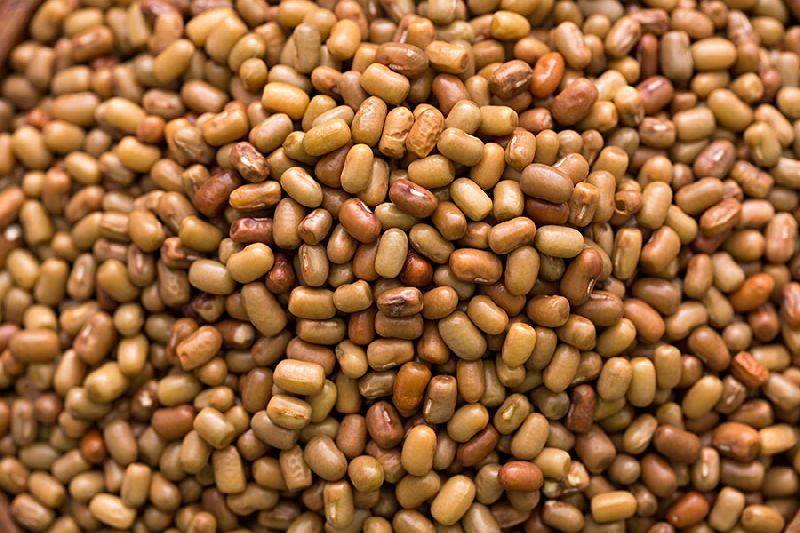Goodnessfarm
Moth Beans, Organic (500 g)
Moth Beans, Organic (500 g)
Out of stock
Couldn't load pickup availability
Moth Beans was an intercrop along with cow peas. So we harvested a little and made it available for sale.
🌱 Moth Beans: The Forgotten Powerhouse in Your Pantry
Moth beans — known locally as Matki — are one of the most nutrient-rich legumes nature has given us.
And yet, they sit quietly on shelves, far less celebrated than their famous cousin, the green gram (moong dal).
But here’s the truth: Moth beans deserve the spotlight.
💪 What makes moth beans special?
-
High protein content – nearly 24g of protein per 100g, making it a vegetarian protein powerhouse
-
Packed with micronutrients like:
-
Iron, for energy and hemoglobin production
-
Magnesium, for muscle and nerve function
-
Zinc, for immunity and wound healing
-
B vitamins, including folate, for cell health and metabolism
-
-
Rich in dietary fiber to aid digestion and promote gut health
-
Naturally drought-resistant and sustainable to grow
🧠 Then why is it underused?
Despite its strength, moth beans remain under-famed for a few key reasons:
-
Tougher texture & longer cooking time
Unlike soft-cooking green gram, moth beans require soaking or sprouting to make them tender and digestible — a step many skip in modern kitchens. -
Less familiarity in urban recipes
While it's a staple in rural Maharashtra, Rajasthan, and parts of Tamil Nadu, it hasn’t found its way into trending "health food" menus — yet. -
Marketing & Visibility
Moong and masoor have been widely branded as "superfoods" — but moth beans never got their spotlight on the big stage.
🌾 At Goodness Farm, we believe in reviving such lost legumes.
That’s why we use moth beans in our:
-
Fusilli pasta (yes, high-protein + gluten-free!)
-
Sprouted flours
-
Nutrient-dense mixes for kids and elders alike
By sprouting moth beans, we reduce anti-nutrients, enhance mineral absorption, and make them more digestible — the traditional way.
✨ It’s time moth beans made a comeback.
Not just because they’re ancient — but because they’re wise, powerful, and deeply nourishing.
Let’s bring them back to the table.
Share


